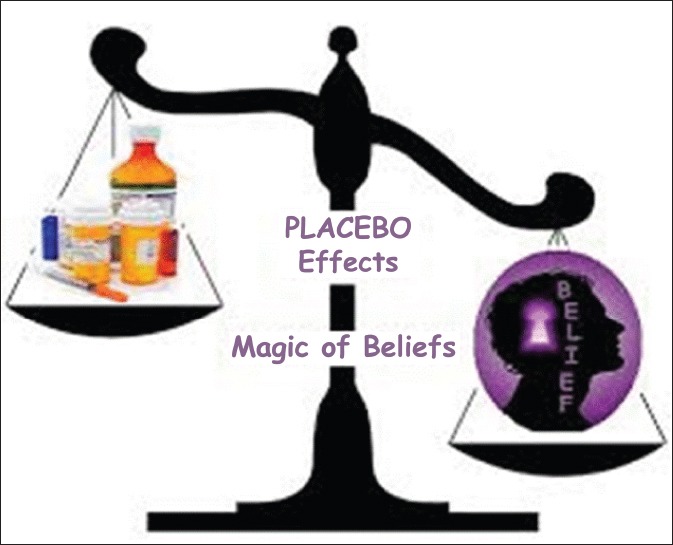
Placebo Effect
Placebo comes from the old Latin word “placere” which means “to please;” so placebo means “I shall please.”
A placebo is a substance or treatment with no active therapeutic effect. In other words, it is a fake treatment. They are inactive substances such as sugar, distilled water, or saline solution. These substances can sometimes improve a patient's condition simply because the person believes and expects the substance will be helpful to his condition. The beneficial effect produced cannot be attributed to the properties of the placebo itself. Placebos may provide relief but they rarely cure – and it is important to recognize this because people think that the brain can heal the body.
The placebo lies at the heart of rigorous scientific evaluation of the efficacy of treatments. Medicine has used placebos as a methodologic tool to challenge, debunk, and discard ineffective and harmful treatments. However, placebo effects are not bogus. Expectations appear to have a lot to do with the effect. If an intervention is believed to help a condition, a certain percentage of people who receive it will experience some benefit. The placebo effect may also have an element of psychological conditioning: once someone benefits from an intervention, the person starts to associate that intervention with a benefit. The association, and therefore the benefit, may get stronger with additional exposures to the intervention.
For a long time, the placebo effect was held in disrepute. The beneficial effects are thought to be unscientific and caused by bias and prejudice. With the advent of double-blind controlled trials, placebos gained scientific respectability. Modern medicine has deepened our understanding of the placebo effect and its various components. Researchers have used brain scans and other modern technologies to show that there may be a physiological explanation for the placebo effect in many cases. There is growing recognition that what we call the placebo effect may involve changes in brain chemistry.
The placebo effect is powerful and physicians should harness this phenomenon in managing patients. Medicine's goal is to heal. When no cure is available – an inevitable occurrence at some point – medicine's ultimate mission is to relieve unnecessary suffering. Utilizing the placebo effect may be an essential part of good medical care that should be embraced by doctors and patients alike.


